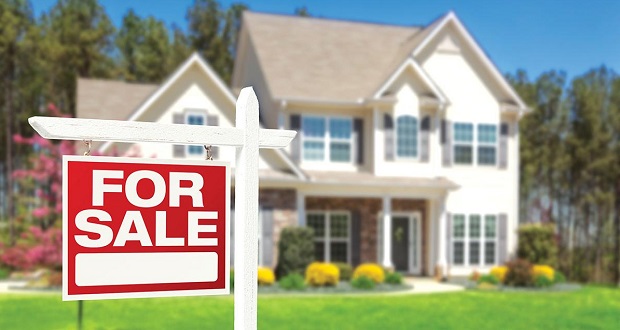First-time buyer
First-time buyer is a term normally associated with the residential property market. Very simply, describes people who are prospective purchasers of their first property, be that a flat or house.
Most, but certainly not all, first-time buyers are young people who have recently started their working life and are keen to get on the housing ladder. This can be a difficult process, given the problems associated with saving for a mortgage deposit, their limited funds and their potentially unestablished credit status. This is particularly so given the housing shortage and long term increase in house prices.
People are generally having to work longer to be able to save for a mortgage deposit. In 1960, the average age of a first-time buyer was 23, and they needed to save for two years to have £595 (around £12,738 today) available for a mortgage deposit.
In 2019, the average first-time buyer will be 30 or older and they will typically have to save for more than five years to have their required average mortgage deposit of £20,622.
Recent years have seen the introduction of various government and private-sector initiatives designed to help first-time buyers get onto the housing ladder. These include:
- Help-to-Buy schemes.
- Equity loans.
- Mortgage guarantees.
- Shared ownership.
- NewBuy.
NB English Housing Survey, Headline Report, 2020-21, published by the Department for Levelling Up, Housing and Communities in 2021, suggests: ‘First time buyers are defined as households that have purchased a property that is their main home in the last three years, and in which neither the HRP or partner have previously owned a property. It includes households who have purchased their property outright as well as those who are buying with the help of a mortgage or loan.’
[edit] Related articles on Designing Buildings
- Buy-to-let mortgage.
- Help to buy.
- Home ownership.
- Housing market.
- Housing shortage.
- National Planning Policy Framework.
- Owner.
- Rent to buy.
- Resident.
- Right to buy
- Right to rent
- Self build.
- Self build initiative.
- Shared equity / Partnership mortgage.
- Shared ownership.
- The rise of multiple property ownership in Britain.
- What is a mortgage?
Featured articles and news
Construction Skills Mission Board launch sector drive
Newly formed government and industry collaboration set strategy for recruiting an additional 100,000 construction workers a year.
New Architects Code comes into effect in September 2025
ARB Architects Code of Conduct and Practice available with ongoing consultation regarding guidance.
Welsh Skills Body (Medr) launches ambitious plan
The new skills body brings together funding and regulation of tertiary education and research for the devolved nation.
Paul Gandy FCIOB announced as next CIOB President
Former Tilbury Douglas CEO takes helm.
UK Infrastructure: A 10 Year Strategy. In brief with reactions
With the National Infrastructure and Service Transformation Authority (NISTA).
Ebenezer Howard: inventor of the garden city. Book review.
The Grenfell Tower fire, eight years on
A time to pause and reflect as Dubai tower block fire reported just before anniversary.
Airtightness Topic Guide BSRIA TG 27/2025
Explaining the basics of airtightness, what it is, why it's important, when it's required and how it's carried out.
Construction contract awards hit lowest point of 2025
Plummeting for second consecutive month, intensifying concerns for housing and infrastructure goals.
Understanding Mental Health in the Built Environment 2025
Examining the state of mental health in construction, shedding light on levels of stress, anxiety and depression.
The benefits of engaging with insulation manufacturers
When considering ground floor constructions.
Lighting Industry endorses Blueprint for Electrification
The Lighting Industry Association fully supports the ECA Blueprint as a timely, urgent call to action.
BSRIA Sentinel Clerk of Works Training Case Study
Strengthening expertise to enhance service delivery with integrated cutting-edge industry knowledge.
Impact report from the Supply Chain Sustainability School
Free sustainability skills, training and support delivered to thousands of UK companies to help cut carbon.
The Building Safety Forum at the Installershow 2025
With speakers confirmed for 24 June as part of Building Safety Week.
The UK’s largest air pollution campaign.
Future Homes Standard, now includes solar, but what else?
Will the new standard, due to in the Autumn, go far enough in terms of performance ?
BSRIA Briefing: Cleaner Air, Better tomorrow
A look back at issues relating to inside and outside air quality, discussed during the BSRIA briefing in 2023.
Restoring Abbotsford's hothouse
Bringing the writer Walter Scott's garden to life.
Reflections on the spending review with CIAT.


























